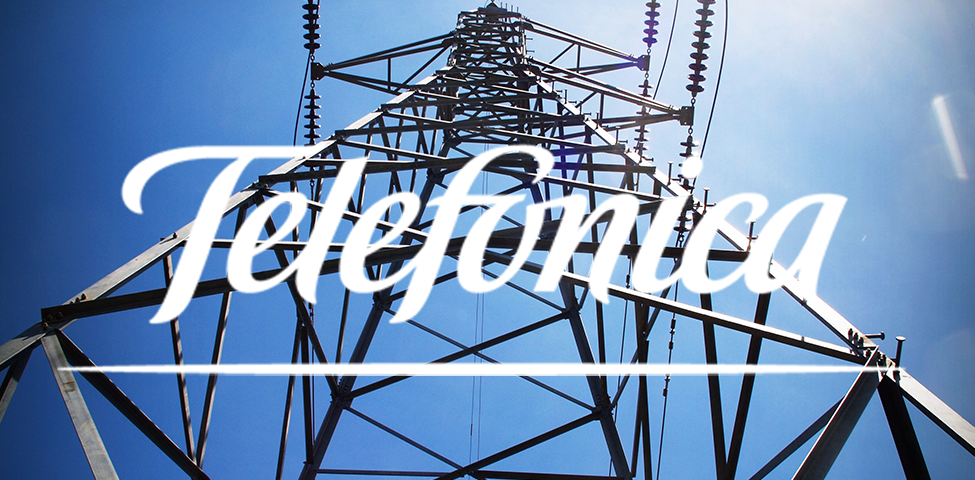Green Energy Consumption
Through a PPA (Power Purchase Agreement), 40% of Telefónica México energy will come from Solar Energy, providing power to its stores and radio bases stations. Telefónica’s commitment is for all of the company’s energy consumption to be 100% green by 2030.
Telefónica is one of the largest telecommunications companies in the world in terms of market capitalisation and number of customers. With its best in class mobile, fixed and broadband networks, and innovative portfolio of digital solutions, the company is transforming itself into a ‘Digital Telco’. Telefónica has a significant presence in 17 countries and a customer base of over 327 million accesses around the world. Telefónica has a strong presence in Spain, Europe and Latin America where the company focuses an important part of its growth strategy.
Telefónica has made a solid commitment to sustainability and has a clear strategy in terms of energy efficiency and renewable energy. After approval in 2015 of the global objectives of energy and climate change, Telefónica has become a lead operator, contributing to the fight against climate change worldwide.
As part of Telefónica’s Renewable Energy Plan, the company is committed to sourcing 50% of its electricity consumption from renewables in 2020 and 100% in 2030. As a result, in the last two years, Telefónica has reduced its GHG emissions by 28% in absolute terms and has reached 46.8% of its global electricity consumption from renewable sources.
The Renewable Energy Plan contemplates different alternatives adapted to each country, purchase of guarantees of origin, renewable self-generation or the signing of long-term purchase agreements with renewable energy generators. Telefónica México is the first operator of the Telefónica Group with a PPA.
Since their arrival in México, Telefónica has always sought to generate a positive impact on its environment in all its aspects; economic, social, and environmental. For this reason, that for over a decade, Telefónica México have made use of solar energy technologies in base stations by installing solar panels. However, the high investment and maintenance costs derived from location conditions such as remote areas vulnerable to crime has led to a reduction of solar panels with an annual consumption of approximately 10,200 KWh at a number of base stations.
Apart from human resource costs, energy expenditure is one of the highest OpEx for most companies. This is often the driver for companies to search for energy efficiencies that allow this expense to be reduced in proportion to the increase in load and the rate that may be incurred every month.
Likewise, the monthly calculation of energy consumption made by Comisión Federal de Electricidad, (CFE, Federal Electricity Commission), in lieu of actual readings from each load point, inconsistency was generated, typically above the actual consumption. This supposes an over cost on the real consumption of energy realised.
Three major contributions of the PPA are;
- Renewable Energy
Use of clean source energy: A solar park developed in Ciudad Juarez for a useful life of 30 years, would result in a gradual reduction of emissions by incorporating more base stations and commercial stores (charging points) of Telefónica’s growing network in México.
- Savings in Operating Expenses
It provides a significant reduction in operating expenses, from the inexhaustible solar source guarantees a lower price in the generation of energy, and replaces the traditional generation by means of turbines for non-renewable fuels, overall lowering the price rate of consumption of the charging points.
- Real-Time Billing
Derived from precise consumption readings from each load point; In order to capture real-time billing, it is necessary to have electrical meters with telemetry; a meter that can send consumption data to dedicated servers, allowing for energy consumption to be itemised per minute, generates an effective payment for the energy used.
Please click here to read the full Telefónica México Case Study
The GSM Association (“Association”) makes no representation, warranty or undertaking (express or implied) with respect to and does not accept any responsibility for, and hereby disclaims liability for the accuracy or completeness or timeliness of the information contained in this document.

